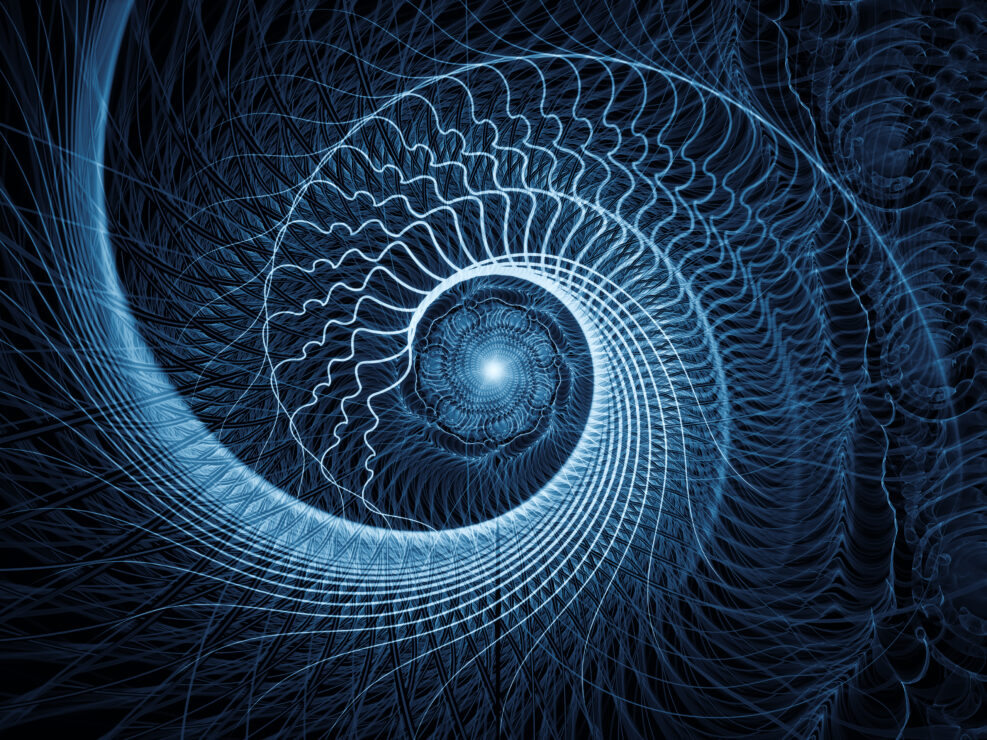
TagQuantum Collapse


Will We Soon Be Able to Test Theories of Consciousness?
Proponents of two leading theories of consciousness are trying to develop tests for their models, in a hitherto baffling fieldScience journalist and author Anil Ananthaswamy has written a thoughtful piece at New Scientist on the leading models of consciousness and their relationship to quantum mechanics (quantum physics). Are we reaching the point where we can test at least one of them? Ananthaswamy is well qualified to assess the arguments. He is the author of both Through Two Doors at Once (2018) on quantum physics and The Man Who Wasn’t There (2015) on the nature of the self. Models of consciousness that assume that “consciousness isn’t separate from the material reality that physics explains” (materialist or naturalist theories) fall into three general classes, as he explains. Analysts like Tufts philosopher Daniel Dennett and Princeton neuroscientist Michael Graziano argue that consciousness Read More ›

Bingecast: Enrique Blair on Quantum Computing
What is quantum mechanics? What can quantum computers do that classical computers can’t? Has Google achieved quantum supremacy? Robert J. Marks discusses the weird world of quantum mechanics with Dr. Enrique Blair. Show Notes Additional Resources

Enrique Blair on the Future of Quantum Computing
Google has claimed quantum supremacy. What does that mean? What is the future of quantum computing? Robert J. Marks discusses quantum communication, supremacy, and computing with Dr. Enrique Blair. Show Notes 00:49 | Introducing Dr. Enrique Blair, a professor of electrical and computer engineering at Baylor University 01:14 | Problems with quantum computing 01:54 | What is quantum supremacy? 03:06 Read More ›

Quantum Dots, Bits, and Computing: Oh My!
On the road to quantum computing, you’ll become entangled with the wildest entities. Will we ever make it to a land where quantum computing is available for everyone? Robert J. Marks continues his odyssey through the quantum world with electrical and computer engineer Dr. Enrique Blair. Show Notes 00:33 | Introducing Dr. Enrique Blair, a professor of electrical and computer Read More ›

Quantum Randomness Gives Nature Free Will
Whether or not quantum randomness explains how our brains work, it may help us create unbreakable encryption codesWhen I was boy, my father explained free will and predestination to me: I dig a fence post hole. · Did I create the hole because of my own free will? · Or was the hole already there and I simply removed the dirt? If true, the hole was predestined. The question cannot be answered by examining the evidence. In philosophy terms, it is “empirically unanswerable.” That is the sort of stuff that philosophers debate. Religious people might point to scripture to support one conclusion over the other.1 In physics, however, quantum randomness offers a definitive answer to the question of predestination vs. free will—for subatomic particles. In the world of classical physics (Isaac Newton’s physics), it can be argued Read More ›